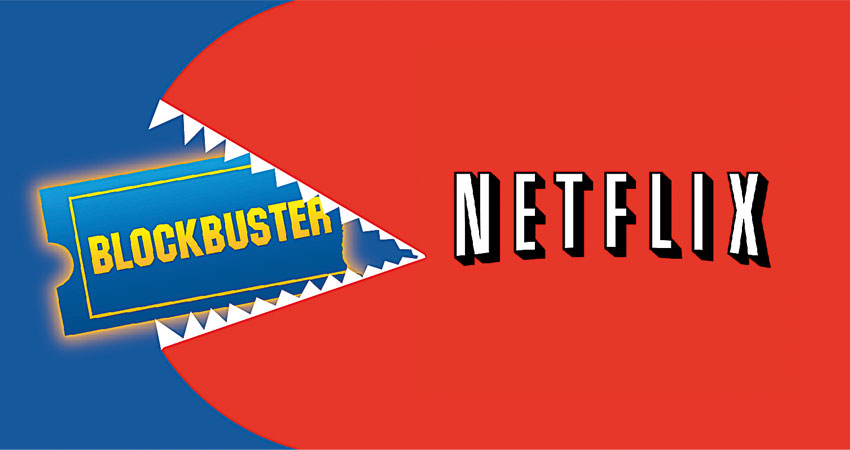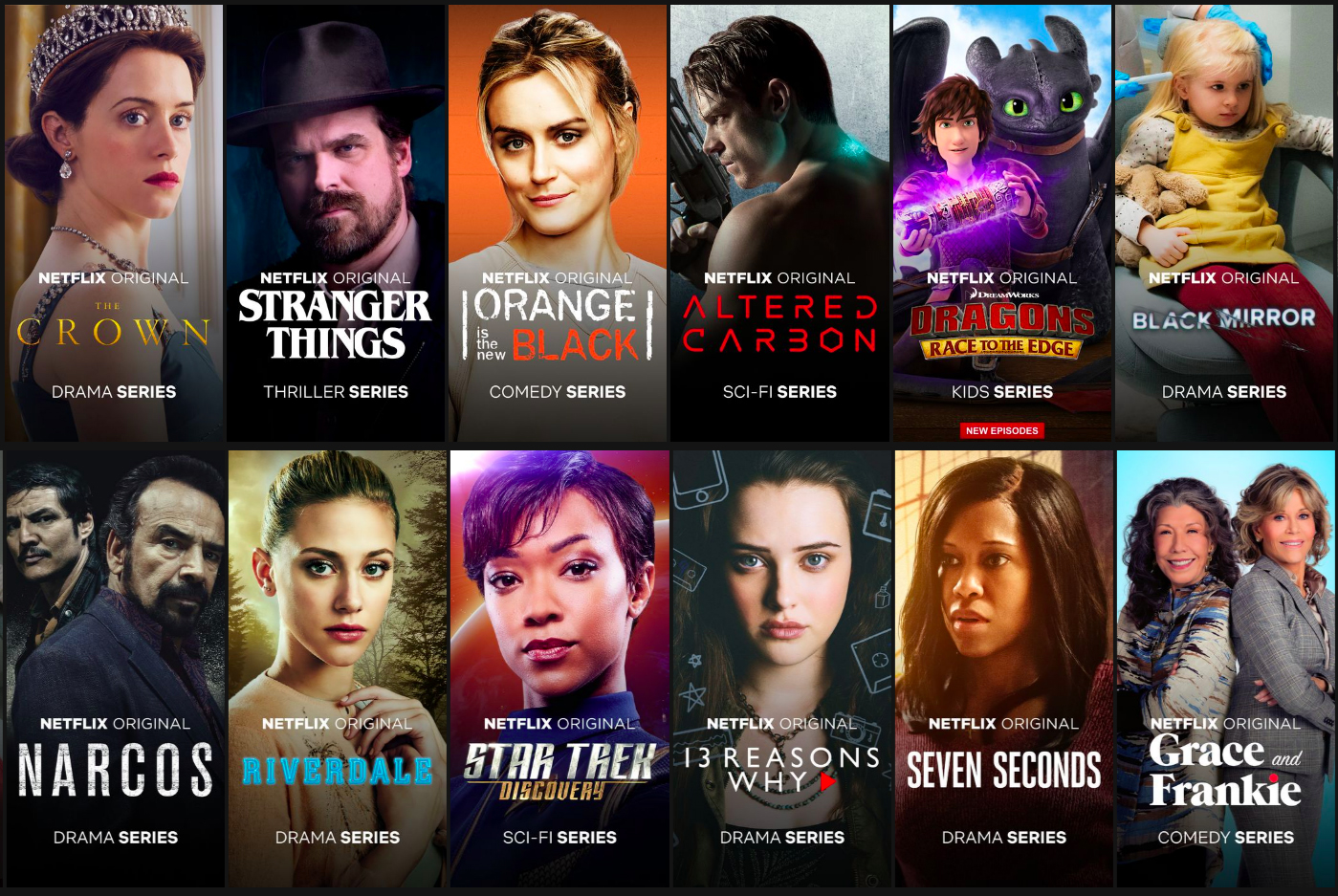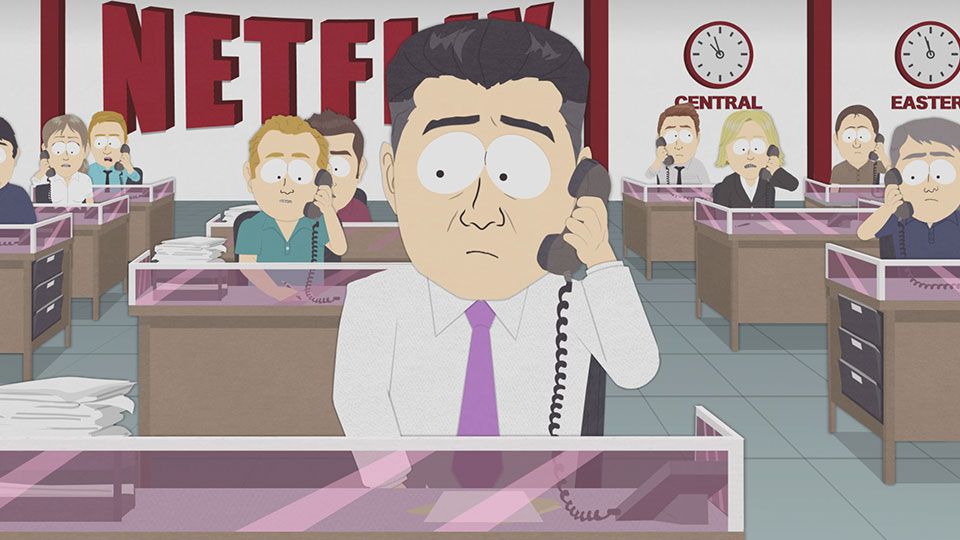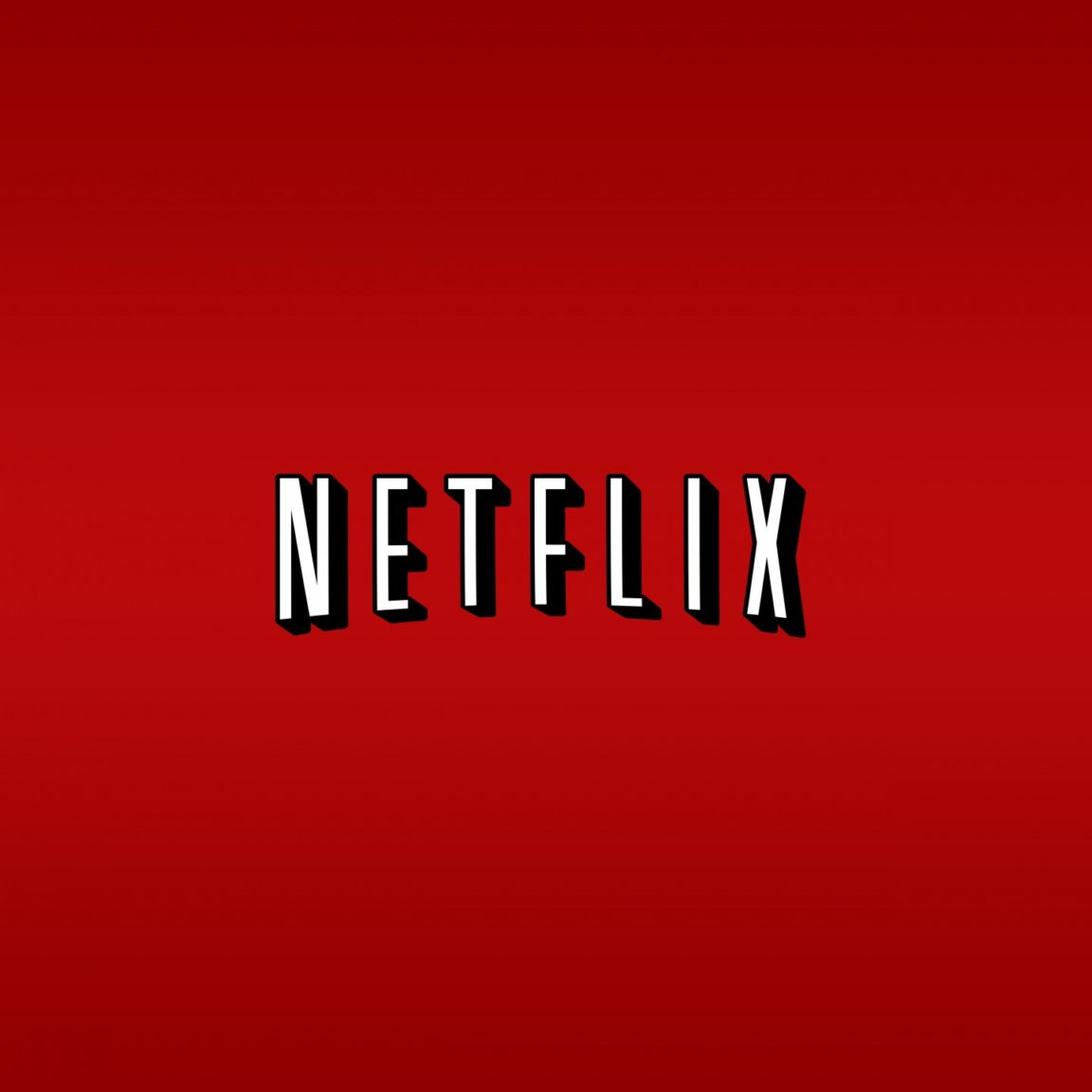First launched in 1998, Netflix sought to make its mark on the entertainment industry. And that it did, while also coincidentally revolutionizing the way in which entertainment itself is received. While their accomplishments of the past 20 years are nothing short of spectacular, have they kept true to themselves and maintained their original mission statement? Or has an ever changing world forced them to become something they never intended?
Eliminating the Thing Customers Hated Most
In the late 90’s, video stores like Blockbuster reigned supreme. It was a fun place to visit and aside from seeing something in theaters, it was the only method to pick and choose which films to watch. But alas, they came with a drawback that so many customers despised. Late fees were a thorn in the collective side of customers but they were the bread and butter for stores like Blockbuster, who claimed that a sizeable portion of their revenue came from this. Returning a video to the store wasn’t always easy to do on time. Life can be incredibly busy so before long days would go by and the tape would remain forgotten and unreturned, all the while racking up the fees.
Netflix offered a desirable alternative. Much more like a gym, customers would pay a membership fee monthly and could rent as many movies as they wanted for as long as they wanted. And the movies themselves would be delivered by mail. So there was no need to even make the drive the video store anymore. Casual moviegoers were enticed by the fact that if they forgot to return it for a few days there were zero late fees incurred. And diehard film buffs loved it because rather than pay per movie, they could rent as many films as could be delivered in a month for the same price.

Entering A Brave New World
For all the joy Netflix brought via lack of late fees, there was one advantage Blockbuster and other brick and mortar stores still held over it: instant gratification. Certainly it was convenient to receive DVDs in the mail, but customers always received the next item on their list. And even if they bumped something up, it would be a couple days before it arrived. Netflix users had to know what they would be in the mood to watch a few days in advance. Whereas Blockbuster customers could simply walk in and pick a movie to watch that very night.
The solution for Netflix came in 2007 in the form of instant streaming. Now rather than wait for the disc to arrive, consumers could instantly stream certain movies right to their computer. Eventually this expanded to include gaming devices as well as Netflix’s own Roku so that movies and shows could be streamed on a TV, which now left little reason to get the DVDs by mail. The only benefit to them now was the selection. Netflix only had the rights to stream certain things but could mail anything so long as it was available on DVD. But over time their selection got better as they started to put more emphasis on streaming, eventually hoping to phase out the DVD portion altogether. Which would be fine, so long as the selection didn’t suffer.
They’ve Forgotten Who They Were
Once streaming become the preferred method of movie rentals, Blockbuster could no longer survive. They were replaced, not just by Netflix, but also other competitors like Hulu and Amazon Prime. With the war for streaming dominance now in full swing, each of these companies needed an edge. And since each offered wide selections and adding more would cost a fortune in rights, Netflix turned to original programming. In 2013 they launched House of Cards, Hemlock Grove, and Orange is the New Black. At this point, Netflix began down the path that would change them forever. Now there was less emphasis on acquiring rights to a wide variety of quality films and television.

Instead Netflix invested millions of dollars and immense effort into their original programming. Back in 2013, those three shows started it all, and now they have well over 200 and many more on the way. In addition they have over 50 original films. Now when subscribers look through the list of streaming choices, they can’t help but notice these Netflix originals dominate over a dwindling selection of classic and other popular films. And with Netflix admitting they have many more planned, this will only get worse. They started out as a place where consumers could get just about any movie, and now they’re trying too hard to be like HBO, Showtime, or just any other average network.

The Future of Streaming
Perhaps this should read, “The Future is Streaming” since that is no doubt where the entertainment industry is going. Not just Netflix, but YouTube has gone so far as launch their own premium version with original shows and films. Eventually, they too may abandon what they once were and just become another network. The end results of all this is already being seen. Disney has announced their plans for their own streaming service.
Before long every other studio and network channel will launch steaming sites and we will reach a point that in order to enjoy content from any one company, consumers will have to specifically subscribe to that company’s service. Gone are will be the days when one site provided everything customers wanted. And all those who ditched cable for online streaming will find a landscape of streaming services that starts to look like a cable package.






I am not questioning the overall statements made here but I have yet to see exactly how great the impact on non-netflix material there is by the actual company based content. I have not been on Netflix regularly for some time but as of the past few days I checked and much of the content that was there still is and I am seeing material that was not there previously. Obviously I am seeing more Netflix created content but I haven’t noticed as much of a hot to the non-original content. All of the points you make are valid in at least ‘potential’ issues
And again, I am not in a position to object to the notion that it hasn’t become drastically skewed already. And I do agree that whether it has already happened or could happen…that I appreciate you putting this out there to try to make sure that we do not see a completely drop off of offering shows and movies not produced by them. In fact that is something that could help keep them apart from current and newly emerging services. I am completely behind them producing their own content. But I do not want to see them shift completely away from what they were either. Or else I will be the first to franchise a Blockbuster store to get them going again to provide what was taken from them but then left wide open for them. Blockbuster with physical stores AND streaming of entertainment that Netflix eschewed…I’d work to make that happen if Netflix left it that wide open.